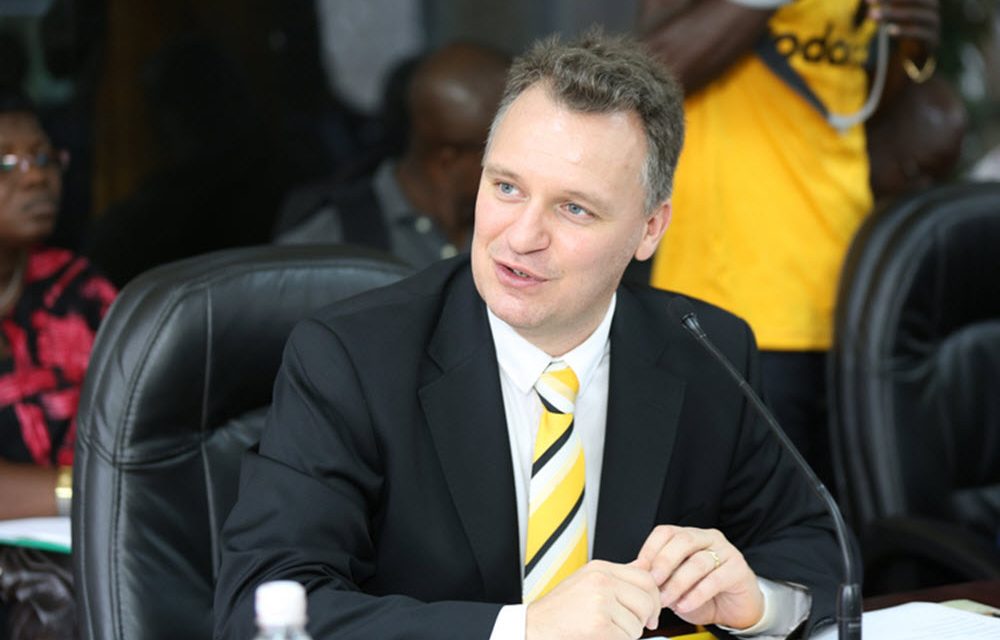Members of the Presidential Affairs Committee of Parliament have asked the government to allocate an additional 11.6 Billion Shillings in the next financial year to support the upgrade of slums in the Kampala Metropolitan area.
The lawmakers have expressed concern that only half a billion in the proposed budget allocations for Financial Year 2022/2023 has been reserved for Kampala Capital City Authority (KCCA) to facilitate upgrade despite the mushrooming slums.
Jessica Ababiku, the Committee Chairperson, also the Adjumani District Women Representative notes that it is urgent for Government to respond to the growing slums in Kampala, Wakiso and Mukono.
Ababiku was presenting the committee report on the Ministerial Policy Statement for the Office of the President, Kampala Capital City Authority and Office of the Prime Minister for Financial Year 2022/2023.
“This critical intervention requires 12.1 Billion Shillings but only 0.5 billion is provided for the proposed budget allocation, resulting in a funding gap of 11.6 billion,” said Ababiku.
The committee also wants the government to allocate an additional 35.7 Billion Shillings to KCCA to carry out feasibility studies and designs of 15 markets, five incubation centres, innovation centres, three artisan and mini-industrial parks development and three abattoirs in Nsangi, Kajjansi and Mukono.
Ababiku said her committee is concerned that no funds have been provided for these activities in the proposed budget; a reason the committee appeals to the government to consider them in the 2022/2023 budget priorities.
The committee has also learned that KCCA is in need of 32.88 Billion Shillings as counterpart funding required for the implementation of a five-year urban development programme from the World Bank.
“The feasibility studies are for strategic roads of 120 km, right of way, the drainage systems, junction signalization and coordination yet no budgetary allocation has been made for the studies,” said Ababiku.
It is estimated that 49 percent of Kampala’s population lived in slum households and only 60 percent had access to improved sanitation in 2007. These facts emphasize the importance of collaboration between the informal urban land sector. Urban development benefited from public investments and enhanced capacities among the local authorities.
However, due to a lack of capacity and proper skills, many local governments are not able to manage growth, provide urban services, and maintain infrastructure.
According to the UN-Habitat, a slum upgrading programme is important to support any attempts at building capacities at the local and national levels, thus directly supporting sustainable urban development.
–URN





